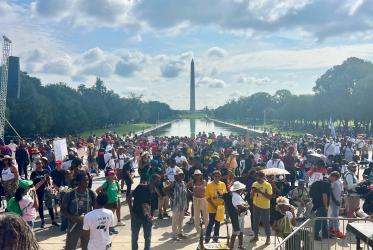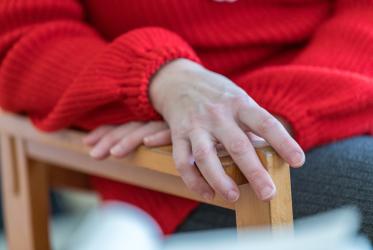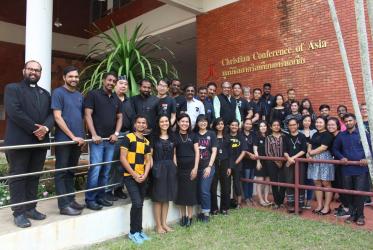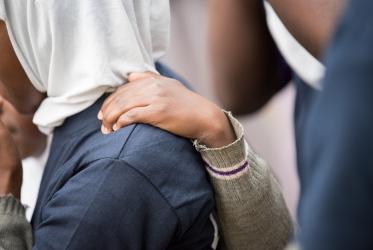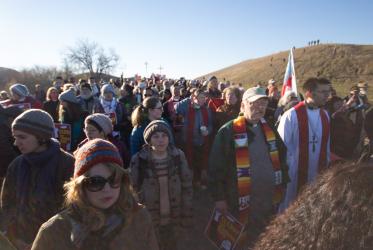Displaying 1 - 20 of 81
15 November 2023
WCC Eco-School for Europe and North America region
11 - 18 November 2023
Orthodox Academy of Crete, Greece
Ukraine: Responding to humanitarian need
08 September 2022
WCC Eco-School 2021 for Pacific region on Water, Food and Climate Justice
22 - 28 February 2021

